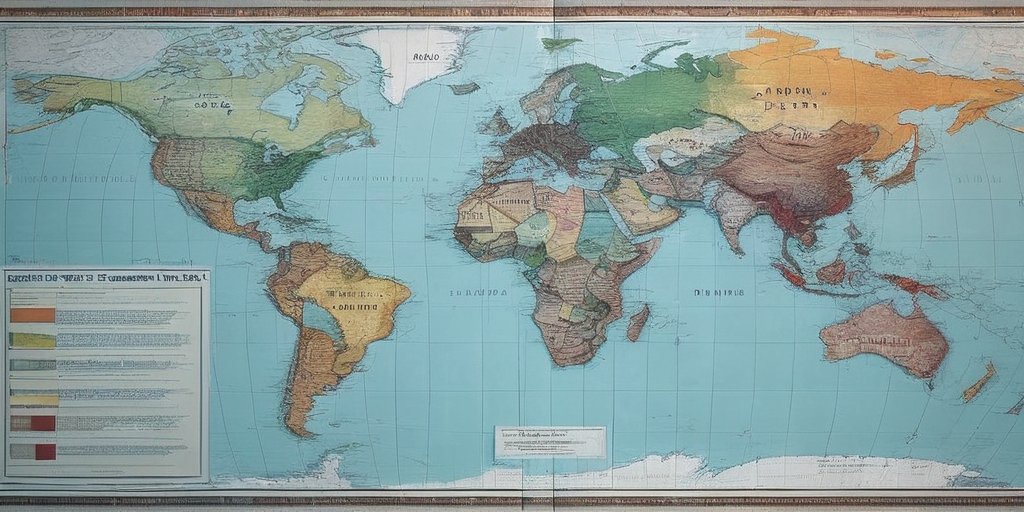President Donald Trump is discovering that projecting confidence on the campaign trail regarding peace deals may not yield immediate victories as wars continue to escalate. Trump made minimal progress on his peace initiative for Ukraine on Tuesday, while another ceasefire he touted was quickly undermined. Meanwhile, Israel launched fresh attacks on Hamas in Gaza, resulting in significant civilian casualties.
In light of these events, Trump’s recent phone call with a seemingly unyielding Russian President Vladimir Putin coincides with Israeli Prime Minister Benjamin Netanyahu’s return to full-scale warfare. This situation underscores the complex political landscape surrounding Trump’s aspirations for a legacy as a global peacemaker, an ambition he has claimed would come to fruition upon his return to the Oval Office.
There are rising concerns that Trump’s objectives extend beyond merely ending hostilities with a sustainable peace. Reports from his discussion with Putin have heightened fears among Ukraine’s government and its European allies that Trump views the conflict as secondary to fostering a closer relationship with Moscow. This perspective led Trump to pressure Ukrainian President Volodymyr Zelensky into endorsing his 30-day ceasefire plan, while he expressed admiration for Putin’s refusal to cooperate.
Washington’s passive stance during Netanyahu’s renewed offensive against Gaza contradicts Trump’s envoy’s efforts aimed at securing hostages’ release and establishing further peace initiatives in a region already fraught with tension. Concurrently, a new U.S. airstrike on Iranian-backed Houthi rebels in Yemen signals Trump’s intent to escalate pressure on Iran to engage in talks regarding its nuclear ambitions.
Since regaining power, Trump has criticized U.S. allies in Europe while making contentious claims against Canada, Greenland, and Panama. However, the dominant foreign policy concern during his second term revolves around the extent of pressure he will exert on Putin or Netanyahu. His ambition to win a Nobel Peace Prize is likely contingent upon his ability to navigate these complex international relationships effectively.
While the White House communicated optimism following Trump’s conversation with Putin, the primary outcome was noted as Russian resistance to a proposal for a swift ceasefire. Nevertheless, the Russians agreed to restrict attacks on Ukrainian energy infrastructure, a development hailed by the White House. Nevertheless, there remain no constraints on Russia’s ability to continue targeting other civilian areas in Ukraine. The Biden administration’s terminology surrounding the ceasefire may have overstated the halted military operations, with attacks on hospitals reportedly persisting.
The Trump administration maintains that this dialogue is merely a precursor to forthcoming discussions about broader ceasefires and peace initiatives. “If I wasn’t here, he would never do it,” Trump remarked, suggesting that only his leadership could facilitate such diplomatic endeavors.
However, critics highlight that Trump’s self-congratulatory remarks may obscure the harsh reality of his failed full ceasefire ambitions, especially as Putin has no pressing motivation to conclude a peace agreement, given his recent military successes.
Trump’s inclination to promote incremental progress in a peace process may serve to instill a false sense of momentum and augment the stakes for involved parties if they choose to withdraw. While Trump did manage to secure an unprecedented commitment to alleviate some of the fighting intensity since the start of the Russian invasion, his striving for peace places his credibility on shaky ground, as it depends on a leader who has historically flouted agreements.
Furthermore, the fallout from the recent communication with Putin reveals that he has yet again rejected the notion of an unconditional ceasefire. As noted by William Browder, a prominent critic of Putin, the Russian leader consistently leverages negotiations to consolidate power and further Russian interests at the expense of Ukrainian sovereignty.
In the backdrop of these international dynamics, Trump’s relationship with Netanyahu has also come under scrutiny as renewed assaults on Gaza complicate efforts for lasting peace agreements. Observers highlight that Netanyahu’s renewed military strategies may have more to do with his political ambitions than with an authentic pursuit of peacemaking. Israeli’s latest offensive has turned Gaza into a humanitarian crisis, evidenced by a record number of civilian casualties.
In conclusion, Trump is walking a tightrope between securing his peace ambitions and navigating profound geopolitical challenges that not only test his leadership but also impact the lives of many worldwide. This situation complicates his pathway toward realizing his vision of being remembered as a pivotal figure in global diplomacy—a mantle that now rests on his ability to maneuver through an increasingly chaotic international stage.
